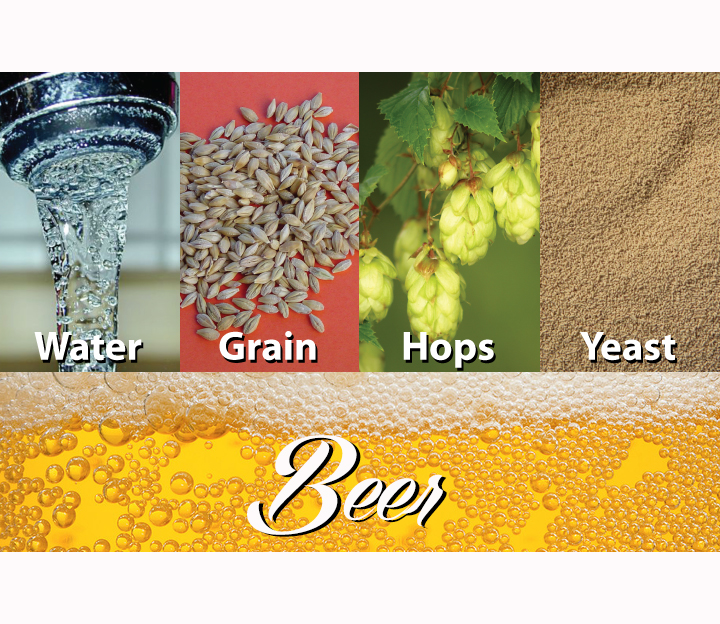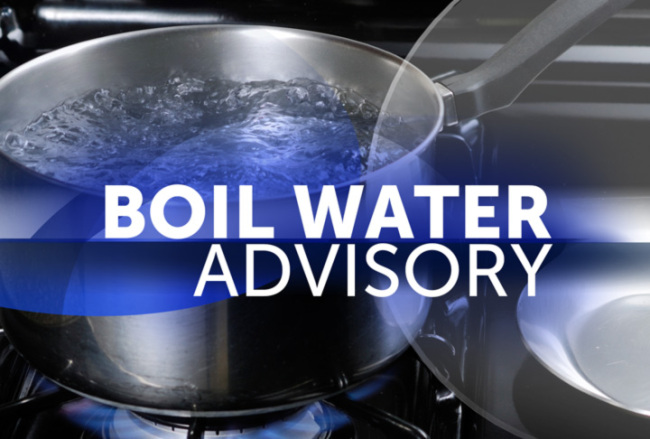Psssst! Hey, the secret to good beer is water!
Surely you have heard the joke: “Save Water, Drink Beer!” Funny! But technically… beer IS water!
Water is a Key Ingredient in the Brewing Process
Water is a key ingredient in the brewing process and 95% of the finished product. This main ingredient that seems so simple is often overlooked, when it actually determines the style, taste and quality of beer.
The source of water used to brew beer can vary from a municipal distribution system, private well or can be purified water or bottled water. Either way, parameters such as hardness (amount of Calcium and Magnesium contained in the water), presence of chlorine or other chemicals, pH and alkalinity of the water can cause great variations in your tasty beverage.
Municipal water supplies and private wells have impurities like chlorine, arsenic, iron, hard minerals, heavy metals and other nasty stuff which produces funky beer. If you want your buddy to crack open your beer and say “Good Job! This rocks!“ you’ve got to clean up your water before you start brewing.
Okay, you removed the stuff that can make your beer funky, now what?
Now You Choose What Style Beer You Want So You Can Select the Right Type of Water
English Stouts are defined by the water used to brew them. Want to make a certain style of beer? You have to look into the style of water that comes from that region and mimic that. For example, Pilsner Beer comes from Pilsner in Czech Republic, they have very low levels of Calcium and Magnesium in the water, in essence they have soft water. Get it? Got it? Brew it!
In Gainesville, Swamp Head Brewery hired us to install 2 huge Backwashing Carbon Filters designed to remove chlorine, chloramines, Trihalomethanes (THMs), Haloacetic Acids (HAAs) and any organics present in their water. This ensures the consistent high quality beer they produce.
Regardless of your brewing experience level or your choice of doing all-grain or extract batches, getting to know the composition of the water you plan to use for your beer and adjusting it to the needed style is crucial in the final result and will give your beer the unique taste you are looking for.
Happy Brewing and Call us today for a FREE Water Analysis and find out which Water Treatment solution is best for you!
P.S. Water quality plays a significant role in your home brewed wines as well!

